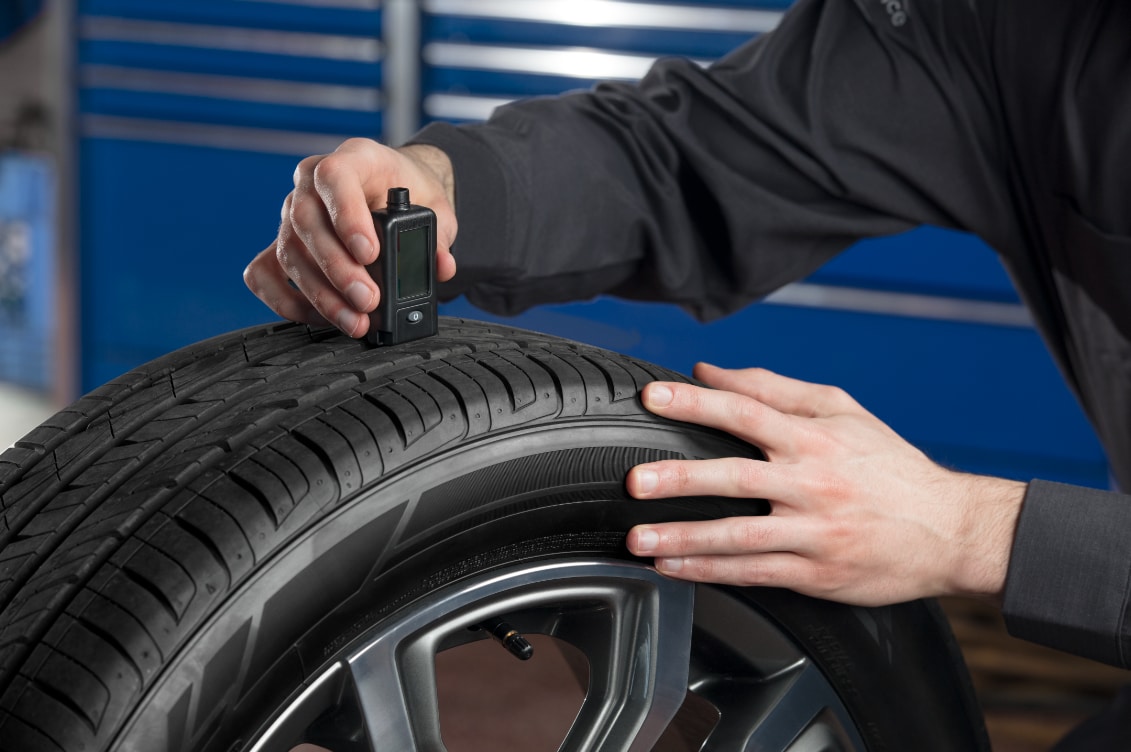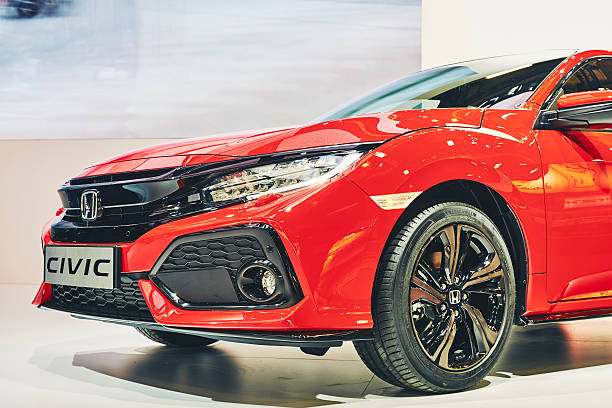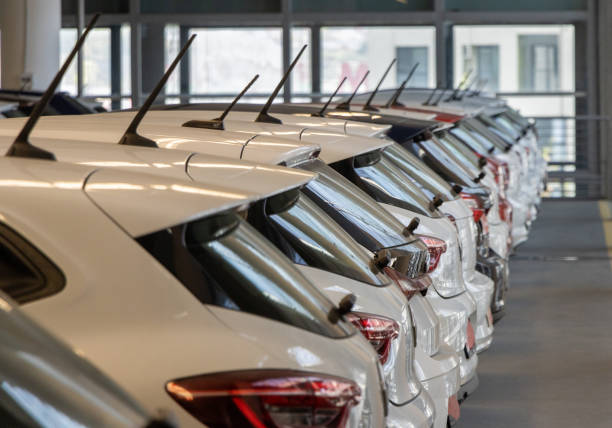A correta manutenção dos pneus desempenha um papel fundamental na segurança e eficiência do veículo, mas frequentemente é negligenciada até que problemas sérios se manifestem. Essa desatenção pode levar a um aumento no consumo de combustível, colocar em risco a segurança do motorista e acelerar o desgaste dos pneus, diminuindo consideravelmente sua durabilidade. Por isso, é crucial aderir às diretrizes de manutenção dos pneus, assegurando sua longevidade, que é um aspecto essencial para uma condução segura e econômica.
1. Overview of tire maintenance
Since tires are the only part of your car that touches the road, they are very important for safety and speed. Regular inspections, pressure checks, tire replacements and other preventive measures are all part of proper tire care. These measures will extend the life of your tires and ensure they perform optimally.
2. Why is tire maintenance important?
Taking good care of your tires will not only make you safer, but it will also save you money in the long run by reducing your car’s gas consumption. Properly maintained tires have better grip, reducing the risk of a crash, especially in bad weather.
3. Regular inspection and inspection of pressure
Visual inspection
Check your tires frequently for signs of damage, such as cuts, cracks, bulges, or uneven wear. If you address these issues immediately, you can prevent more damage and a possible blowout.
Check tire pressure
Check your tire pressure at least once a month using a good pressure tester. When tires are inflated correctly, they use less gas, work better, and last longer. Recommended tire pressures can be found in your car’s manual or on a sticker inside the driver’s door.
4. Rotate the tires
For even wear, rotate your tires frequently. Front tires typically wear out faster than rear tires due to the impact of cornering and parking. Turn them every 6,000 to 8,000 miles to extend their life and maintain stable handling.
5. Align the wheels
When you balance your wheels correctly, they ensure that all tires are in contact with the road evenly. This prevents uneven tire wear and saves gas. Check your balance once a year or if you notice steering problems or uneven tire wear.
Pay attention to tread depth
Check tire tread depth regularly using a tread depth measurement or penny test. Insufficient tread depth results in poorer grip and increases the risk of hydroplaning on slippery surfaces. You should replace your tires with new ones when the tread depth reaches 2/32 inches.
7. Set up the tires
When tires are balanced, they eliminate noise, even out wear, and make for a more comfortable ride. You should adjust it when you change tires or when you feel bumps at certain speeds.
8. The correct way to store items
Store tires in a cool, dry place away from direct sunlight and heat sources. To prevent them from deforming, don’t place heavy objects on them; instead, stack them vertically.
9. Overloading and speeding are strictly prohibited
Cars that are too heavy or driven too fast can put extra pressure on the tires, causing them to wear out faster or even blow out. Observe your car’s load limits and speed limits to ensure your safety and protect your tires.
10. Thoughts about the seasons
Maintaining your tires in summer
In the summer, hot weather can cause tire pressure to rise, leading to over-inflated tires. Check your tire pressure regularly and make necessary changes to keep your car running optimally.
Maintain your tires in winter
If you live somewhere cold, you should invest in winter tires to help you drive on ice and snow. Make sure the tread height is correct, and if the weather is really bad, consider adding tire chains or studs for extra grip.
11.Extend tire life
If you want to keep your tires in good condition, don’t stop or turn quickly, or drive over steps or ditches. Use safe driving techniques to keep your tires in good condition and reduce the likelihood of a collision.
12. Find out tire wear
Pay attention to tire wear, such as if the tires are cupped, feathered or cambered, as these patterns can indicate problems with your car’s frame or balance. Addressing these issues immediately can prevent further damage and ensure your tires are performing at their best.
13. Be prepared for emergencies
If something goes wrong, make sure you have a spare tire, jack, lug wrench and tire repair kit in your car. Familiarize yourself with the process and learn how to safely replace a flat tire on the side of the road.
14. Environmentally friendly ways to dispose of old tires
Recycling your old tires at an approved location is the correct way to dispose of them. Many car shops and stores that sell tires offer recycling services to help the environment and be more eco-friendly.
15.Finally
Regular tire repairs are important to ensure your tires last longer, keep your driver safe, and get the most out of your vehicle. If you follow these top tire care tips, you can drive safely, smoothly, and save tons of money on repairs and replacements.



